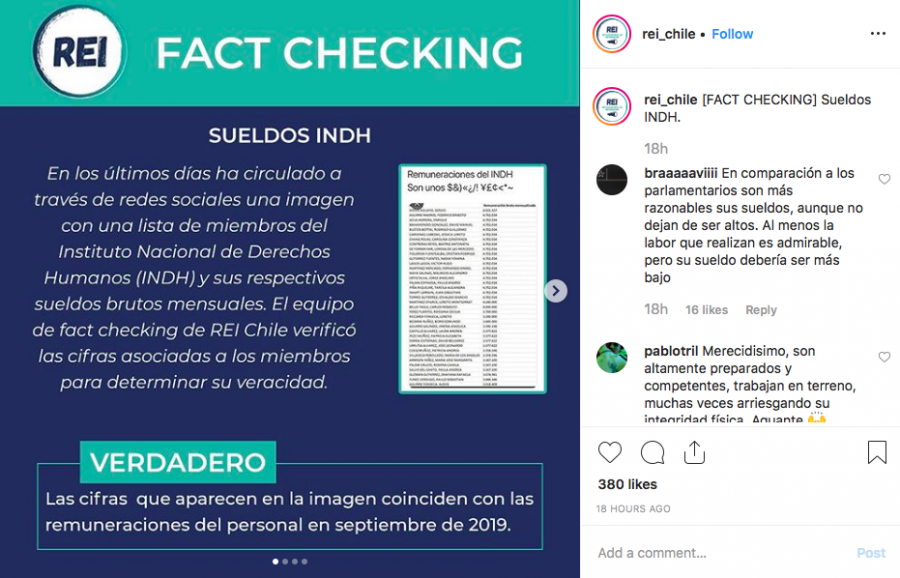Planet earth has been rocking lately, and not in a good way. In a year that’s barely two months old, Haiti and Chile have been hit hard by devastating earthquakes. Hundreds of thousands are dead and millions more have become homeless.
Each quake was met with vastly different responses. An outpouring of support — physically, emotionally and financially — was given to Haiti, while Chile picked up the leftover scraps of donations and coverage. For weeks, scenes of the Haitian wasteland dominated cable news stations. Comparatively, television coverage of the Chile quake dealt mainly with the supposed impending tsunami aimed at Hawaii and California.
The quake that struck Chile on Feb. 27 was almost 500 times as powerful as the one Haiti suffered Jan. 12, according to The Wall Street Journal. However, the latest estimate of Chile’s death toll put the total around 800, in contrast to Haiti, where more than 230,000 have been reported dead.
So how does one begin to explain how two massive quakes yielded such different results? Part of the equation is simply luck.
Chile’s epicenter was 22 miles below sea level and the quake originated far from its major cities. Haiti’s was only six miles beneath the surface, and was much closer to its capital, Port-au-Prince.
Chile had also experienced this before. In 1960, Chile was wrecked by the worst earthquake on record, with a magnitude of 9.5. Since then, Chile has made giant strides to better prepare itself to handle a future quake. Haiti’s last high-magnitude earthquake, on the other hand, happened in 1842.
That helps to understand the difference in the quakes’ physical effect. What it doesn’t explain is the staggeringly vast disparity in coverage and aid.
Oxfam International, a global collection of nonprofit organizations aimed at reducing poverty, raised less than one-eighth for Chile of one percent of what it raised for Haiti, according to The Chronicle of Philanthropy.
And according to The Chronicle’s Mar. 2 report, Oxfam International raised $3,500 for Chile and $2.9 million for Haiti; World Vision U.S. raised $220,000 for Chile and $3.9 million for Haiti.
It’s not a perfect analogy, but it reminds me of Sunday at the Oscars, during the Deaths of the Year montage, when attendees cheer louder for one person than they do for another. Does it make them feel good to applaud one person’s life more than another? Do they realize what they’re implying?
There’s been talk of “giving fatigue,” where people are worn out from hearing about the death, destruction and devastation. But when you think about it for more than two seconds, that makes zero sense.
At a certain point, you have to forget about the economic disparities, politics and history. At some point, the reasons for each country’s current standing are irrelevant.
After all, we’re talking about people. Human beings are homeless in both nations. The people of Chile and Haiti both desperately need food, water and shelter.
Saying Chile looks better compared to Haiti is a pointless distinction. Just because they’re not as devastated doesn’t mean they’re fine. Chileans — like Haitians — are still displaced, hurting, starving and thirsty.
The fact that these disasters are competing for resources and aid is kind of terrifying. Our attention spans are so brief that we can’t be bothered to give to or report on a national disaster?
From our cozy spot in America, it’s easy to mesh together the victims of these disasters. But if and when you’re deciding where to donate, don’t think it’s either Haiti or Chile. Though the rubble and ruins all look the same, there are still individuals who stand to benefit, and they desperately need the help.
Two easy ways to donate $10: Text “HAITI” to 90999 or “CHILE” to 50555. We text all day anyway. Might as well do something constructive.









